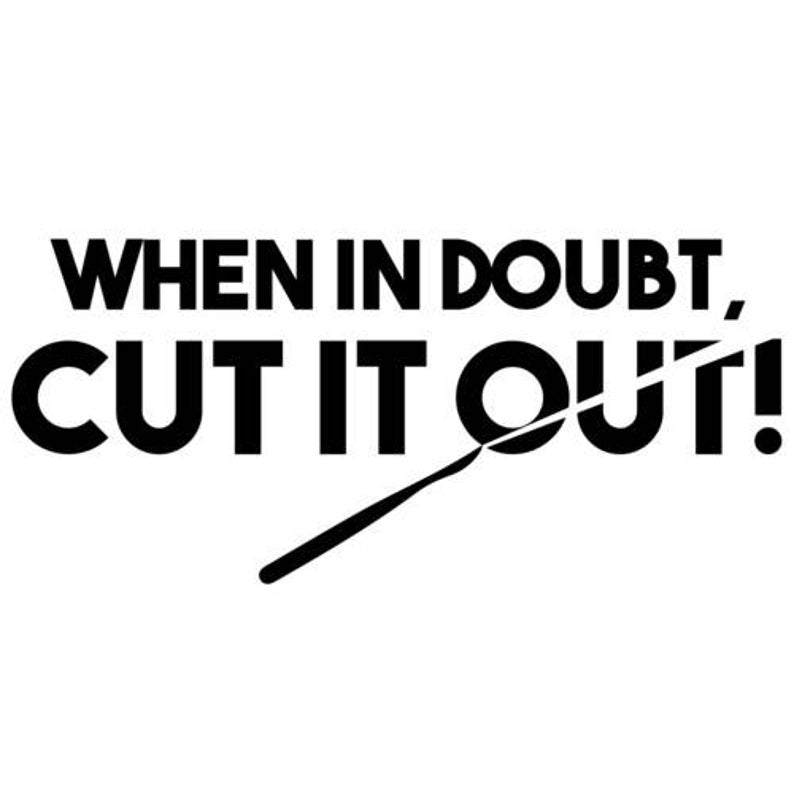Are you ready for another year of preaching Sunday to Sunday?
If you are a preaching pastor, you know that Sundays come so quickly. It is tough to keep up this pace week after week. Here are some things I do to work effectively and efficiently each week:
- Keep improving your own exegetical skills. This takes time, but saves time in the long run when it’s time to consult commentaries (later in the post). The more quality exegesis you do, the less you need the help of scholars.
- Identify the big idea (or whatever you call it) and intention of the preaching portion on Monday morning. For years I have taught a Monday morning ritual to aspiring and accomplished expositors that reverses normal sermon preparation sequencing (begin by gathering exegetical fragments, but wait until the end of the week to put it all together). Try locating the meaning of the pericope and what it intends to do to the church early. Then you will know how the fragments fit. It addresses the ole, “I’ve got lots of notes but no sermon yet,” end of the week syndrome.
- Use the best commentaries efficiently. This implies that you know how to find them. Access copies of the two OT and NT commentary surveys by Longman and Carson, respectively. Since you’re improving your exegetical skills, you read the best commentaries to locate only what you’ve missed. You can read faster than you would if you were relying on the commentators to find meaning and intention.
- Write your sermon while you study. This is the best thing I have learned through the years. I never study for a sermon without creating the manuscript in real time. As I execute my method, I write as if I were preaching.
Sundays come so quickly. I hope you will consider these four tips and I know our Lord will receive glory in the church and in Christ Jesus through your efforts (Ephesians 3:21).
Randal





